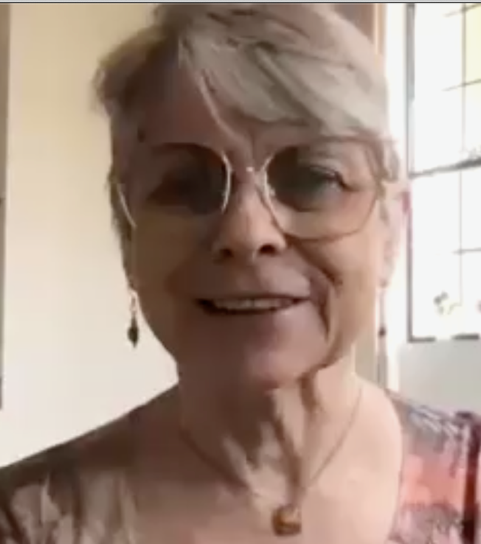
Kae, why was it important to you to divest your personal finances?
Originally, it was primarily a practical interest in saving money and getting the best deals. I was raised middle class in the 50s-60s and went into the workforce out of college in 1971. Income was limited and I lived frugally, taking advantage of whatever saved me money. When I moved away to DC, I joined the credit union at my workplace – and that is still my main account I use to this day! When I moved out of that area, I also opened some accounts at local banks for convenience. In addition to funding the climate crisis, the big “dirty banks” have horrible customer service. At one point in time, my mortgage was sold to one of the “big 4” and I had a really bad experience dealing with them. That solidified for me that I will stay away from them, now matter how good they try to make their deals sound.
What was the hardest moment in the move your money process and how did you overcome it?
I can’t say choosing or opening an account has been at all difficult, but there have been times when the promised deal has been obfuscated at the point of sale. When that happened and there turned out to be more restrictions than originally explained, I just moved my money back out and closed the account. So it IS important to ask for the details on how much you have to put in – and by when – as well as where the funds can originate and how the money is transferred — and don’t forget, too: whether there is a specific number of days or months the funds must remain in the account.
What pleasantly surprised you about this experience?
I’m almost always surprised by how helpful the service people are. They often go beyond my expectations to research an issue or fix a problem. One thing that helps is to use one institution as much as you can. Then if a glitch occurs, it can be more readily adjusted. For example: I had paid my exorbitant gas bill early one time (on a credit card that gave me a sufficient rebate to make that worthwhile), but the utility deducted the automatic payment anyway even though my balance by the payment date showed $0 (in most instances the creditor won’t deduct an already-paid account! — but do know your creditor’s rules as some just don’t care). My credit union paid the draft even though that produced an overdraft. As soon as I saw the problem, I corrected the balance and initiated an inquiry and complaint with both the utility and the credit union. The utility was unhelpful and unrepentant, but my credit union was totally cooperative and reversed the fees from their end. (It never hurts to ask!) And I was so mad at the gas company’s attitude that I then got a heat pump and closed my gas account!
What piece of advice would you give to someone considering switching?
- Do your research
- Make sure it is convenient for you
- Double check that there aren’t special stipulations you must complete, deadlines, or other “gotchas”
Ready to experience great customer service and a clean conscience—just like Kae?
The “Move Your Money” Workbook contains detailed instructions, resources, and checklists to guide you through every step of the switching process! There’s also information on green credit cards and investments.
Prefer to speak to a real person? Peer facilitators are also available to support you via virtual “office hours”. Click here for more information.
You can also reach out to us via email at thirdactsocalbanking@gmail.com
Third Act Southern CA and THIS! Is What We Did volunteers and staff are not financial advisors and we are legally prohibited from giving financial advice. The resources and support we provide are for educational purposes only and all financial decisions are your own.